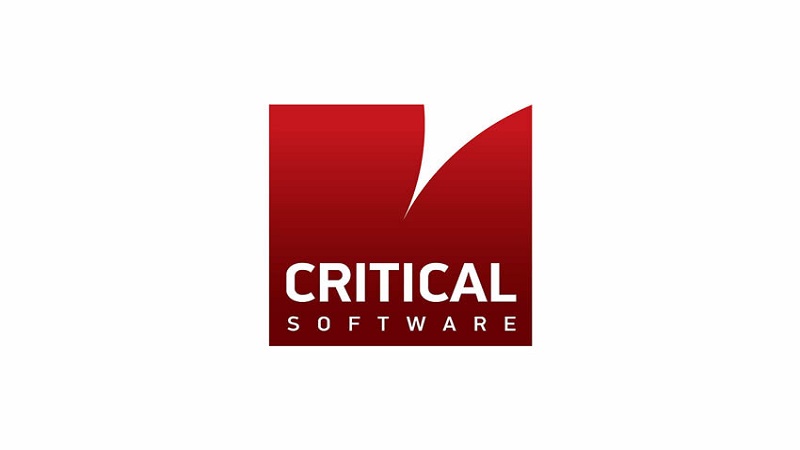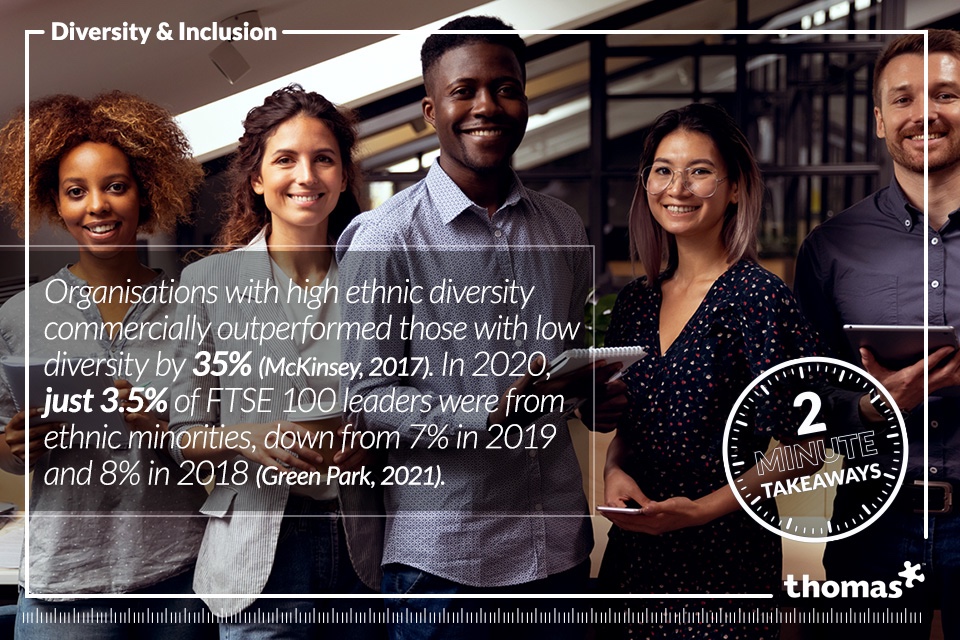Diversity isn’t what it used to be. Nowadays we’re not just talking race, age or gender. When building a ‘diverse’ pool of employees, things like cultural background, past experience, personality type and working style need to be considered too.
In this era of cultural interconnectivity, it’s no wonder that we’re now seeing a shift towards working environments where a variety of different voices are encouraged to speak up. Companies are starting to embrace new thinking when it comes to recruiting – and maintaining – the right kind of staff.
When conducted well, employing workers from different backgrounds provides an organisation with many benefits. For example, diversity encourages better performance when it comes to problem solving. The key is to recruit capable people who work well together. A team with different views and experiences will identify a greater array of potential solutions which can lead more quickly to successful problem resolutions. In the United Kingdom, senior executive teams saw a 3.5 per cent increase in business earnings with every 10 per cent increase in diversity.
Building a welcoming working environment will entice a higher calibre of talent too. Gaining a positive reputation as an employer that values people for their unique qualities makes an attractive prospect for candidates. Creating an environment that promotes diversity takes work, however. For instance, business leaders have to consider how communication will be affected if hiring non-native language speakers.
So, where to begin? It’s best to spend some time thinking about where a company is now, where it could be and how to fill the gap between. Supporting measures are key too. You cannot simply create diversity from scratch; you must cultivate it so that it can thrive.
Many businesses are lining up to close the gap and initiating plans to recruit a more diverse workforce, but few of those are supporting the change with well-thought out employee retention and integration programmes. This is risky, not least from a financial perspective. Recruiting, training and replacing employees can be expensive!
Even huge, global conglomerates don’t have it all figured out yet. For example, software is known as a sector that is traditionally unbalanced on the gender front and earlier this year, Google released stats showing that just 19 per cent of its technical roles are held by women.
As a software company ourselves, we believe that helping our staff to forge a satisfying work/life balance is the most crucial way we can encourage a wider array of people, representing different genders, ages and cultures, to join our team. Our management team also strives to create an atmosphere where employee opinions are valued. It is critical that senior leaders set the tone for the rest of the organisation.
Making sure everyone feels included once they’re on the team is vital. Treating employees like humans is a simple premise but a good one. A clean, ergonomically-sound work space, kitted out with the right equipment is only the beginning. Once employees have the physical elements at hand to do their job, they’ll also need motivation, satisfaction and a sense of belonging.
This traditionally comes from salary, co-workers and perhaps a sense of personal responsibility to do a good job. To increase employee buy-in, CRITICAL Software offers staff a range of non-traditional benefits to complement standard ones. These include small things like free fruit and snacks, to bigger things like regular massages, weekends away and wellbeing support.
To make sure we’re getting it right, we ask our staff what they think. Things like happiness surveys, company meetings and quarterly ‘check ins’ – where staff discuss how they are doing with a colleague of their choosing – are useful tools. Instead of just looking at the bottom line and staff turnover rates, these methods give us a handle on what’s going on in the minds of our employees. Importantly, we also make sure they know this feedback goes somewhere so staff feel included in the shaping of the company’s future.
Studies show that diversity and inclusion efforts are valuable and whether they are right, or achievable, for every business is a discussion worth having. One thing is definite though: given the business returns that diversity can bring, it’s worth thinking about now before the competition gets ahead.
Author bio:
Through her work within operational, financial and HR roles, Helen has developed a sound understanding of efficient business organisation, employee personal development and how to nurture a company’s culture. Currently operations manager at CRITICAL Software and based in the UK, Helen has a BA (Hons) degree in Business Management.
Company bio:
In today’s business world, the failure of critical IT systems can irreparably damage missions, profitability and corporate reputations. In extreme cases, software reliability can be a matter of life and death. CRITICAL Software provides systems, software and data engineering services for safety, mission and business-critical applications. The company has been operating in mature markets since 1998, with NASA its first client, and has offices around the world.









